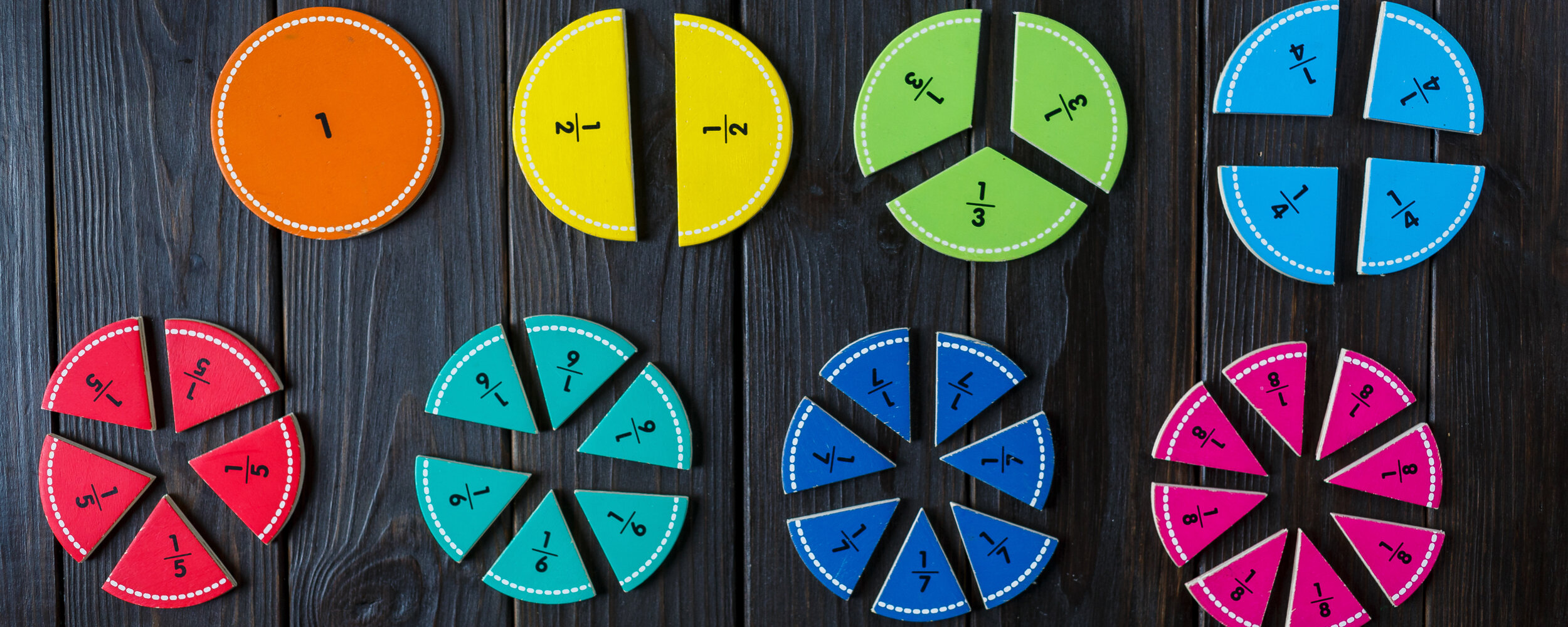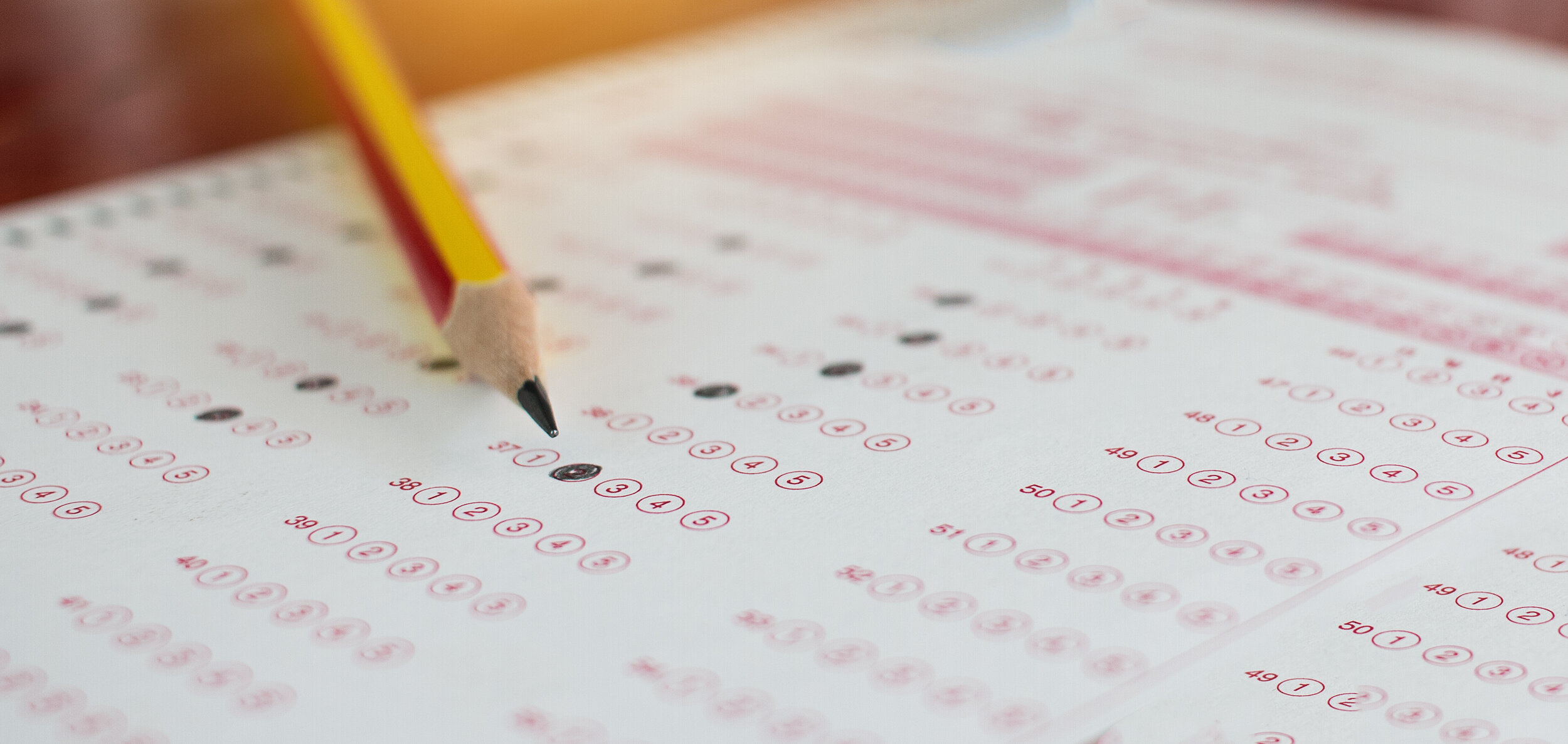
Math
Introduction to Math
The most important thing you need to know is that Algebra is unnatural. It won’t just happen accidentally; it will take work.
Watch this video to understand more.

Foundations of Math
Phase 1: Preliminaries
Start young. Train often.
First, you need to be fast with your multiplication tables. No matter what else you do, get fast with them. Practice constantly until you are incredibly fast.
Then, you must be able to add, subtract, multiply, and divide fractions.
Finally, you must be comfortable with negative numbers.
There are other early things you’ll learn in mathematics. Telling time, counting money, just plain counting. All of those things are also covered in our recommendations below. We intentionally note multiplication tables, fractions, and negatives because those are the three most fundamental things that students struggle with. At age 13, 17, 22, and even 40…people struggle with math because they struggle with multiplication tables, fractions, and negative numbers. If you don’t want to struggle, then you have to be lightning-fast and incredibly comfortable with those three things.
Depending on preferences and budget, you should look into the following resources:
Vohra Method is run by the founders of the AP Homeschool Project.
All of these preliminaries can be accomplished through at home games that focus on your math, reading, and logic skills! You can also use flash cards, if you prefer, or constant and abundant practice. The AP Homeschool Project founders were both big fans of the games you see below because they ensured core math, reading, and logic mastery while also being entertaining, not boring.
The games below will help you with your math fundamentals, meaning everything that you’ll need before starting Algebra. The next phase is Algebra, so make sure that your multiplication tables, fractions, and negatives are absolutely perfect before moving on from this phase.
Games for Math, Grammar, and Logic Fundamentals
Math Blaster (There are several Math Blaster games that are all fun for learning early math.)
Jump Start is another company with a series of games. Theirs are separated by grade level and can help you prepare for lifelong math and reading success in a fun and engaging way.
Zoombinis Logical Journey helps students work on pattern recognition, logical patterns, spatial reasoning, etc. They have two versions.
Clue Finders is another amazing series broken down by grade. They cover important core math topics, language skills, and even basic science, history, and geography. They are also incredibly fun.
Important Note
If you finish this phase early, then keep going! Don’t wait around for your 9th or 10th birthday to be “allowed” to study the next topic. That’s just nonsense invented by schools. You can learn everything that you want to learn.
When your speed is fast and your error rate is 0%, move on to the next phase!
Parents: The focus during this period should be on speed. Students can take any amount of time while learning new material. But, during the practice phase, speed should be the focus.

Algebra
Phase 2: Algebra
In this phase, you will learn to do the following:
Factoring
Combining Like Terms
Exponent Rules
Solving Systems of Equations
Graphing
You can learn these skills in a variety of ways. There are three levels we recommend.
Free: Khan Academy Algebra Basics and Algebra I
Relatively Inexpensive: Kumon
Moderate to Expensive: Vohra Method (created by the founders of the AP Homeschool Project)
If the material isn’t making sense when you study on your own, then you should bring in outside help somehow. It won’t magically make sense if you just suffer enough. Get someone to work with you even for just an hour.
When your speed is fast and your error rate is 0%, move on to the next phase.
You can’t move on if you’re still getting 30% of questions wrong, or even if you’re getting 15% of questions wrong. Even if you’re only getting 5% of questions wrong…you need to look at why those errors are happening. Everything else in math will rely on Algebra. People who can do Algebra can do it 100% with zero errors. That can and will be you. When you’re there, you should move on to the next phase!

The SAT
Phase 3: The SAT
The SAT is the most reliable way to test your actual math ability, as well as your readiness for advanced math. You can start studying as soon as you feel confident in your Phase 2 results. There’s no need to wait until high school. You can also take a long time to study for the SAT…or a short time! Remember, AP Homeschooling is completely self-paced.
Let’s start.
Create a College Board account. This will allow you to schedule all future tests. You only need to do this once. When you create the account, you can select your state’s home school as your school. For example, if you live in Maryland, you would put in “Maryland Home School” as your school. All of the other information is just basic contact and address information.
Learn About the SAT Test.
Watch this video playlist to learn about SAT Math.
SAT MATH BASICS
HOW TO DO SAT MATH FAST
SAT MATH AND CALCULATORS
CALCULATOR SECTION
Get Additional Help.
Algebra isn’t something that human brains naturally adapt to. It will take some outside help.
Do not waste a cent on any mass market service or private tutor that focuses on "test taking strategies". That's just idiotic garbage, and will not get you to the level you need. For this level of training, you need a 700+ SAT math score. Companies that focus on "test taking strategies" and process of elimination will just waste your time, weaken your algebra skills, and get you an insufficient score.
Go to Khan Academy for free SAT Math Training.
Consider Vohra Method for expert training (run by the founders of the AP Homeschool Project).
When you are consistently scoring 750+ on your math practice sections, take the real SAT!
Take the SAT.
You can take the SAT as many times as you like. Colleges only consider the highest superscore.
That means if you take the test 50 times, they will take the highest math score you got of all those 50 tests and add it to the highest verbal score from all the tests.
Don't believe the hype that you should only take it 3 times. That advice is nonsense and has no bearing on actual college strategy or admissions. Take if 100 times if you need to.
This also means that you can take the SAT now and focus only on the math section.
Sign up for the SAT here.
The SAT is offered several times per year, and you only have to sign up for the test a few months prior to taking it.Take the test. Wait for your score. If your score on the SAT Math section alone is below 730, reread the Barron's book, re-watch the Khan Academy videos, get another tutor, and take the test again. If you've taken it a few times and aren't getting anywhere, contact a group with more expertise. You can contact Vohra Method, or use local experts to help you out.
When you get a 730+ on the SAT Math section, move on to the next phase!
If you’re only focusing on SAT Math, then you want to aim for a 730+ on the Math portion of the SAT. Ideally, though, study for the Math, Reading, and Grammar and take the full test together. You’ll want to stay sharp with your grammar and reading skills anyways.
Aim for a 1500+ total SAT score in order to be competitive for college admissions.

Calculus
Phase 5: The AP Calculus Exam
There are two levels of AP Calculus: AB and BC. AB is a bit easier. (A, B, and C represent 3 semesters of Calculus. AB tests the first two semesters, and BC tests the last two semesters.)
You should study for BC because you absolutely can do it.
You should have a College Board account already.
Get a general overview.
Watch all the Khan Academy Calculus videos.
Don’t watch them in a high stress way. Right now, you’re just getting an overview. Calculus is a very cohesive topic, and you must learn to see it as a totality. Just watch the videos like you are watching a TV show.Get the Barron’s AP Calculus book, and start going through it chapter by chapter.
Do a chapter a day, and do the problems at the end of the chapter. Read the answer explanations carefully.
Study Calculus in more detail.
Do the practice tests and read the answer explanations carefully.
You may need help from a local tutor or a company like Vohra Method.
When you are consistently scoring 7+ points on every free response question, and 40+ points on the multiple choice, you should take the test.
Take the AP Exam.
Sign up for the exam by October.
For this, you will need to email apstudents@info.collegeboard.org. As an AP Homeschool scholar, you’ll take the AP exams at schools close to where you live.Take the AP test.
If you scored a 5, congratulations.
If you scored a 4, that is accepted for college credit at most colleges. Just verify that your first choice college accepts a 4 in that subject.
If you scored a 3 or lower, then you should do a second round of studying and plan to take the test again next May.
When you have achieved a 5 on the AP Calculus test, you are ready to move on!
You can move on to the AP Statistics exam, or skip that phase and go directly to the Actuarial exams!
At this point, you are also ready to start training for Physics.

AP Statistics
Optional Phase 6: AP Statistics
The AP Statistics Exam is total garbage. It attempts to teach statistics without calculus (calculus is a requirement for a meaningful understanding of statistics). The result is a jerry-rigged monstrosity. Some students take the exam anyway, and it's not actually so terribly difficult to do.
If you prepare for this exam…
You should already have a College Board account.
Get a general overview.
Watch the Khan Academy Statistics Videos.
Get the Barron's AP Statistics book.
Go through the sections, and do the questions at the end of each section.
The AP Statistics test is easier than the BC Calculus test. If you already have a 5 on an AP Calculus test, you should be able to work through these with little to no outside help. If you get stuck, connect with a local tutor or a Vohra Method tutor. Since you'll probably need only an hour or two of tutoring, the cost difference will probably be minor.
Study Statistics in more detail.
Do the practice tests and read the answer explanations carefully.
Find videos or tutors that can explain any concepts you don’t understand.
When you are consistently getting 3+ points on every free response question and 35+ questions right on the multiple choice, you are ready to take the AP exam!
Take the AP Exam.
Sign up for the exam by October. For this, you will need to email apstudents@info.collegeboard.org. As an AP Homeschool scholar, you’ll take the AP exams at schools close to where you live.
Take the AP test.
If you scored a 5, congratulations.
If you scored a 4, that is accepted for college credit at most colleges. Just verify that your first choice college accepts a 4 in that subject.
If you scored a 3 or lower, then you should do a second round of studying and plan to take the test again next May.
When you have achieved a 5 on the AP Statistics exam, you are ready for the next phase!

The Next Level: The Actuarial Exam
The Actuarial Exams are some of the hardest exams in the world. They are recognized and respected worldwide. If you're comfortable with calculus and open to learning proper statistics, this is one of the most useful things you can do.
These are actually a series of actuarial exams. Passing all of them guarantees a comfortable living. These exams carry more weight than college degrees.
Passing even a single actuarial exam virtually guarantees employment in the insurance and financial sector.
Check out this video to learn more.
We recommend focusing just on the first exam, called "Exam P". P stands for probability, but understand that this is a very difficult exam in calculus, statistics, and probability. "Exam P" is also known as "CAS Exam 1". The reason for the two names is that there are two actuarial guilds. The first is called the Society of Actuaries. The second is called the Casualty Actuarial Society.
SOA Exam P and CAS Exam 1 are the exact same exam.
To study for this exam, use the Actex manuals.
More information about this exam.
You may need to take this exam several times.
If you pass the first Actuarial Exam, you're already among the ultra elite in math, at which point, you may want to pass more of them.







